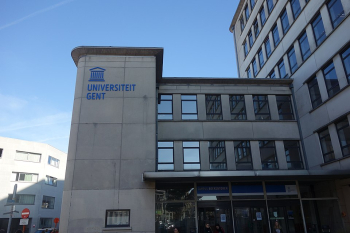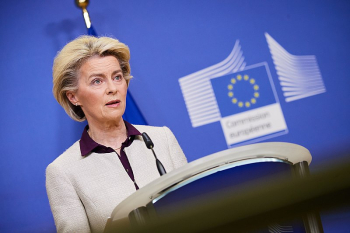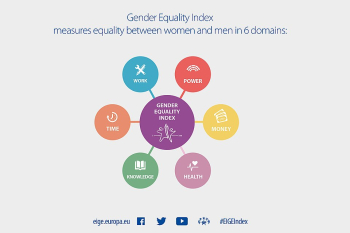
In light of the increasing threats to media freedom and the sustainability of the industry, Members of the European Parliament (MEPs) have outlined their stance on a law aimed at
bolstering transparency and independence in EU media.
With 448 votes in favor, 102 against, and 75 abstentions, Parliament has presented its position on the European Media Freedom Act. This legislation seeks to compel member states to ensure media diversity and safeguard media independence against interference from governmental, political, economic, or private sources.
MEPs are adamant about prohibiting any form of meddling in the editorial decisions of media organizations and deterring external pressures on journalists. Such pressures include coercing them to reveal their sources, accessing encrypted content on their devices, or subjecting them to spyware.
MEPs argue that the use of spyware can only be justified as a measure of last resort, on a case-by-case basis, and when ordered by an independent judicial authority investigating serious crimes like terrorism or human trafficking.
Enhancing Ownership Transparency
To assess media independence, Parliament intends to compel all media entities, including micro-enterprises, to disclose information about their ownership structure.
MEPs are also keen on requiring media outlets, including online platforms and search engines, to report on funds received from state advertising and state financial support, even if they originate from non-EU countries.
Counteracting Arbitrary Decisions by Major Platforms
To ensure that content moderation decisions made by major online platforms do not compromise media freedom, MEPs call for the establishment of a mechanism to oversee content removal orders. According to MEPs, platforms should first process declarations to distinguish independent media from non-independent sources. Media outlets should then receive notifications from the platform regarding its intention to delete or restrict their content, allowing a 24-hour window for the media to respond. If, after this period, the platform still deems the media content non-compliant with its terms and conditions, they can proceed with removal, restriction, or referral of the case to national regulators for a final decision without delay. However, if the media provider believes that the platform's decision lacks sufficient grounds and undermines media freedom, they have the right to bring the case to an out-of-court dispute resolution body.
Safeguarding Economic Viability
MEPs emphasize the need for member states to ensure that public media receive sufficient, sustainable, and predictable funding through multiannual budgets.
To prevent media outlets from becoming overly reliant on state advertising, they propose a limit on public advertising allocated to a single media provider, online platform, or search engine at 15% of the total advertising budget allocated by that authority within a given EU country. MEPs also advocate for the criteria for allocating public funds to media to be made publicly available.
Independent EU Media Oversight
Parliament envisions the European Board for Media Services, a new EU entity established through the Media Freedom Act, to be legally and functionally independent from the Commission and capable of acting autonomously. MEPs further advocate for the formation of an independent "expert group" representing the media sector and civil society to advise this new Board.
Rapporteur Sabine Verheyen (EPP, DE) stressed the importance of this legislation in preserving media diversity and freedom, emphasizing that media is more than just a business—it contributes to education, cultural development, and societal inclusivity while safeguarding fundamental rights such as freedom of expression and access to information.
Next Steps
With Parliament adopting its position, negotiations with the Council, which reached its position in June 2023, can now proceed to finalize the law.
Addressing Citizens' Concerns
Parliament's position aligns with the demands of citizens expressed in the conclusions of the Conference on the Future of Europe. These demands encompass various aspects related to media, fake news, disinformation, fact-checking, cybersecurity, citizens' information, participation, and youth, highlighting the importance of these issues in contemporary society.

















